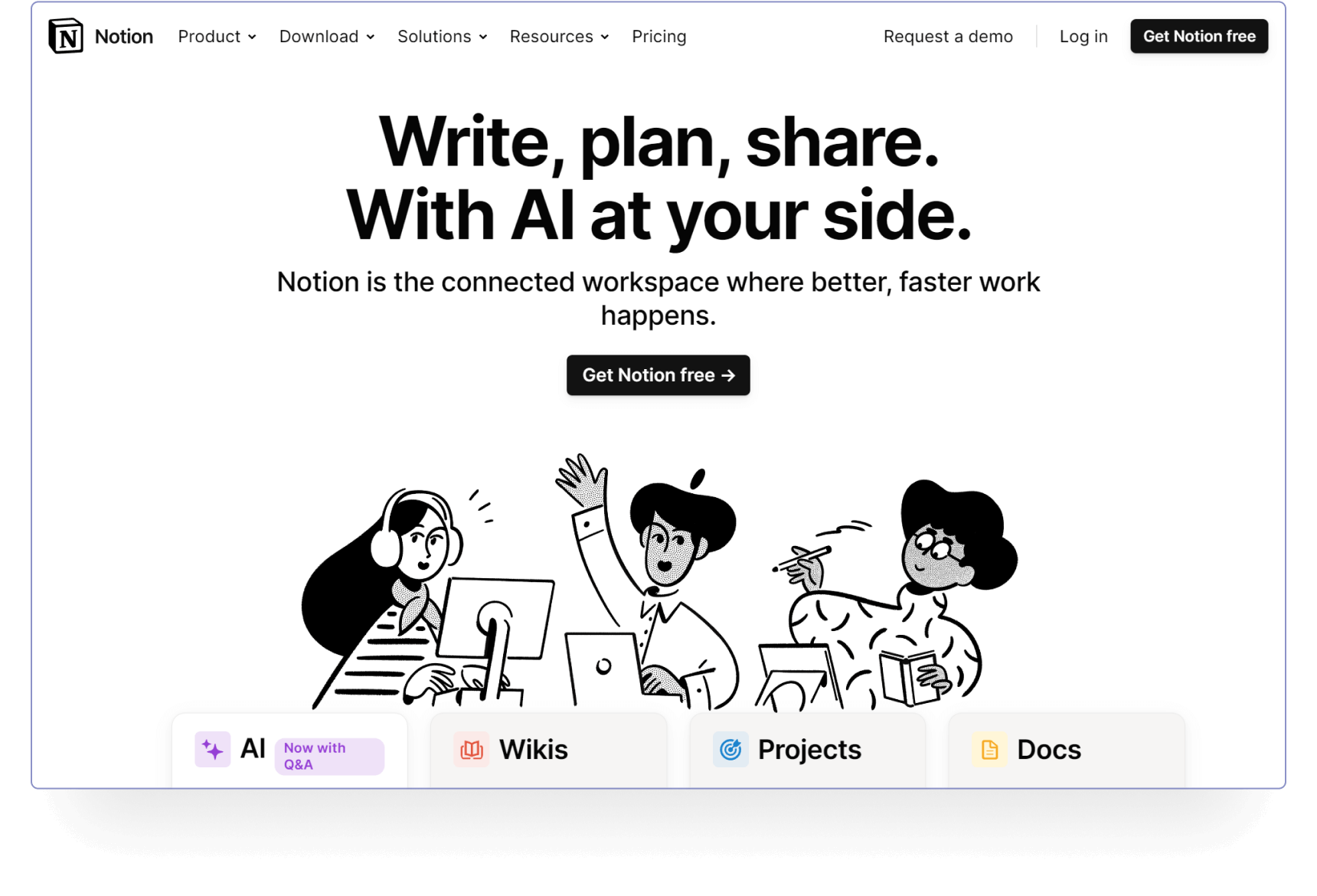The Solution
Finding the Right Partner
In search of a professional partner to assist them with their Elasticsearch challenges,
it was critical to the management team that the partner of choice would have an unrivaled
knowledge of Elasticsearch and its deployment in real-life scenarios. “We were looking for
someone external, with extensive experience, to accelerate our efforts so we didn’t have to
run through many trial and error scenarios,” Avi recalls.
After trying several different support and consulting services, Notion turned to the BigData Boutique team.
“We tried several different support services, which weren’t very useful to us.
With BigData Boutique, we had the best experience.” - Avi Arfin, Search Engineering Manager, Notion
As the collaboration between the two was successful in helping Notion reach its initial goals,
it was decided to review and expand these goals even further. Following a thorough analysis of
the existing cluster and the various possible courses of action, BigData Boutique recommended
migrating from a managed solution to an Elasticsearch deployment running on AWS EC2 instances.
They explained how this change would expand the options for performance tuning and search
relevance engineering while reducing costs.
Despite the significant size of the cluster, Notion, with the help of the BigData Boutique team,
created a much more stable, performant, and economical deployment than the one they had with the
managed service. And significantly better support, too.




